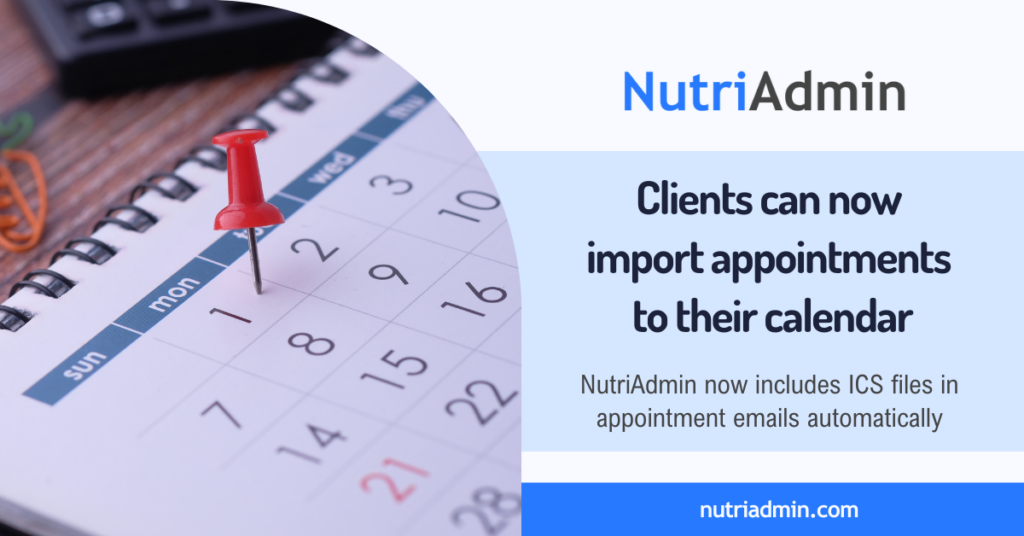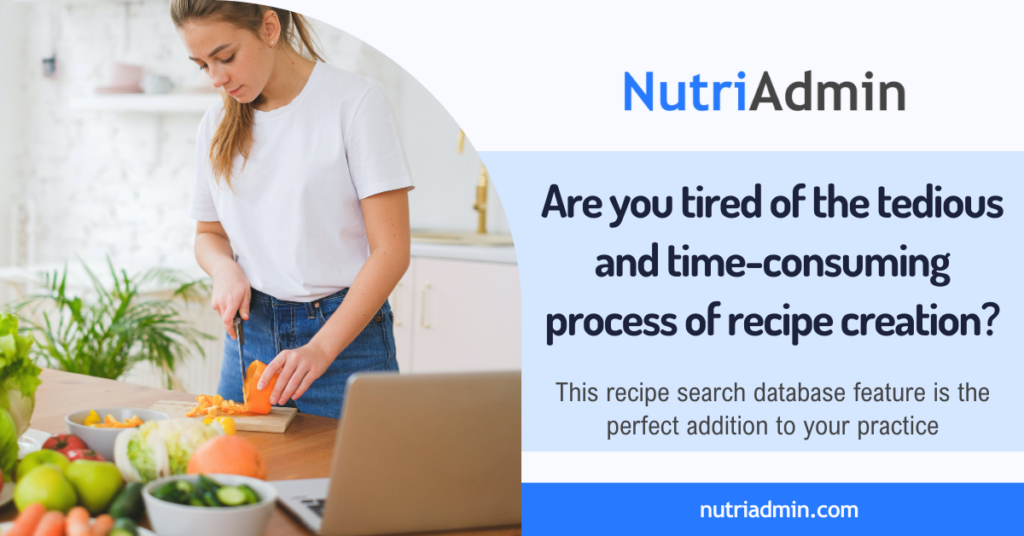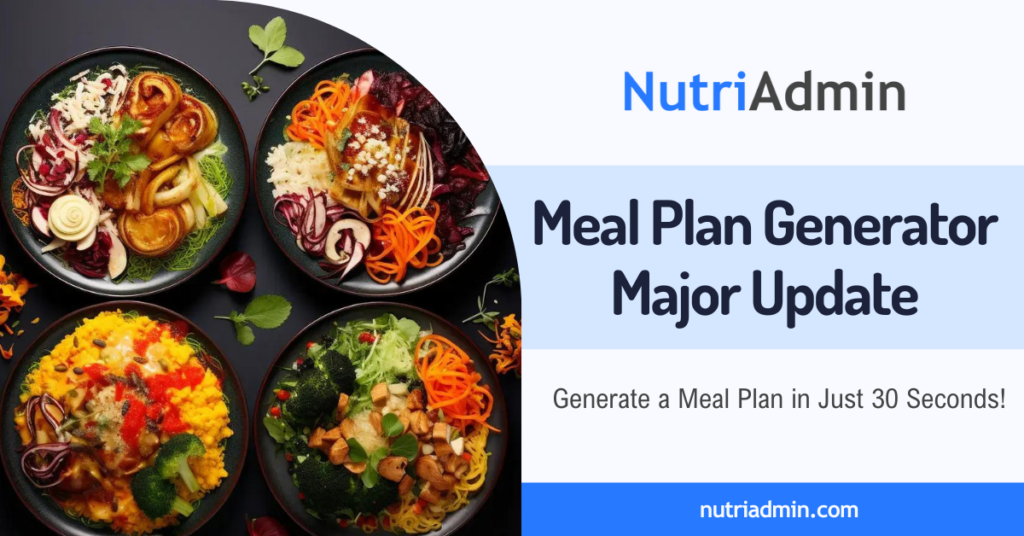There are thousands of software programs of all kinds available for professionals today. Does it make sense to develop specialised nutritionist software? The answer is yes, for the same reason it makes sense a small branch of the medical industry focuses just in nutrition. This article debates the advantages and disadvantages of market specialisation, and the reasons behind pursuing a project such as NutriAdmin.
NutriAdmin is one of the best apps for nutritionists and dietitians. You can read the linked in-depth guide and comparison to learn more.
One size does not fit all
Let’s imagine you wake up one morning with a rather unpleasant headache. Perhaps you have been suffering from occasional migraines over the last few months. You decide it is a good idea to visit a general practitioner at your local health centre and make your way there to ask for medical advice.
The first thing you notice at the waiting room is the variety of ailments other visitors seem to have. Someone has a strong cough, another person complains about stomach problems, and a third one who has caught a cold because he thought it was a good idea to wake up at 6AM and go for a run in a bare t-shirt mid-December (this is possibly the most ridiculous visit I’ve ever had to make to the doctor).
General practitioners deal with patients suffering from all kinds of conditions. They can help many people with their advice, however they will refer you to a specialist if necessary. This is because the scope of medicine is so vast, a single person cannot realistically possess all the knowledge in the field. Chiropractors, cardiologists, and dieticians are examples of wellness professionals that focus on a narrower slice of human health but really excel at it.
Specialists such as nutritional therapists usually charge more per hour than general practitioners. Yet this is justified by their expertise in the field. If you have a complex nutritional disorder or need help with your diet, a dietitian expert is more likely to be able to help you. The tradeoff specialists pay is having less knowledge about other areas, i.e. a cardiologist knows a lot about the human heart, but not as much about vision as an optician.
There are so many apps out there. Check out our guide on the best apps for coaches and personal trainers. A similar strategy can be followed for software for nutritionists like NutriAdmin.
Generic vs specialised software
The reasons that make medical specialisation a sound idea also apply to software. Let’s imagine you run a business. You decide it’s time to renounce to the romantic charms of doing all your paperwork by hand and want to digitalise your admin work. There are many software packages for businesses ranging from general multi-purpose to extremely specialised ones. How can you choose what is best for you?
For example, Microsoft Word is the most used tool for writing documents—serving the needs of many people. However, there are specialised software packages for academics such as Nota Bene. Nota Bene costs triple as much as Word and has less features. Still, it is the choice of many scholars because it makes managing bibliographies, citing references, and other crucial research-related tasks easy in a way Word cannot. One is for a niche audience, the other general purpose.
The main advantage of specialised software targeted at just a single field (i.e. software for nutritionists) is that it can adapt to even the most complex needs of its users in a way more generic-purpose products cannot. The main drawback is having a much smaller number of potential users (i.e. just nutritionists as opposed to the whole medical sector). For this reason, highly specialised products are a suitable model for small companies, but unprofitable for large corporations with thousands of employees.
Large companies with generic products rely heavily on the popularity of their offering. Usually these companies will have a marketing division with millions in advertising budget. They can make it to TV and other wide-reaching media managing to be known by the masses. But being the most popular product doesn’t mean being the best product. Mcdonald’s is probably the most popular restaurant in the world, but probably not the best for most people.
Why NutriAdmin?
I have personally worked with traders in a large financial corporation in London in the past. Traders are experts at buying and selling financial products such as stocks for profit. One of the main software tools traders use is an spreadsheet program similar to Microsoft Excel but with built-in formulas and reports that are useful for them. Large investment banks go as far as to hire entire development teams to build this extremely specialised software just to have an edge over competitors that simply use Excel. Such is the power of having the right tailored features for your business and it pays off.
The idea and reasons behind nutriadmin.com are simple: we just want to make specialised software for the nutrition professional. We believe that by focusing on a small group of users we can provide more value than general purpose competitors. We are always interviewing nutritionists asking for feedback so that we can further improve the product (please get in touch if you have any ideas). Having structured client records, managing admin tasks, or writing reports are some of the features we can develop tailored to this select group of users.
Finally, even though we want to focus on nutritionists, there are still many sub-specialities in the field. Some professionals follow a naturopathic approach, others characterise patients using a Functional Medicine Matrix. Likewise, in investment banks, some traders buy and sell crude oil whilst others focus on government bonds and they all use different software. It is humbling to remember that we will probably not be able to adapt to all specific cases, but we will try to address as many individuals and companies as possible.
Thanks for reading,
Diego




